
Каковы некоторые идеи питания с высоким содержанием питательных веществ для больных раком?
31 Jan, 2024
 Здоровье
ЗдоровьеReceiving a cancer diagnosis can be a life-altering event, and alongside the physical and emotional challenges it brings, maintaining proper nutrition becomes crucial. While there's no one-size-fits-all approach to nutrition during cancer treatment, certain dietary guidelines can help support your health and well-being. Here's a detailed look at what to eat after you've been diagnosed with cancer.
1. Understanding Nutritional Needs
- Cancer and its treatments can affect your appetite, digestion, and nutrient absorption. Therefore, it's crucial to focus on nutrient-dense foods that support your body's healing and recovery. You should prioritize foods that are rich in protein, antioxidants, healthy fats, fibre, and fluids.
- Protein is essential for repairing tissues and supporting immune function. You can find protein in lean meats, poultry, fish, eggs, dairy products, legumes, nuts, and seeds.
- Antioxidants help protect cells from damage caused by free radicals. You can include a variety of colourful fruits and vegetables such as berries, citrus fruits, leafy greens, carrots, and tomatoes in your diet to get enough antioxidants.
- Healthy fats provide energy and support cell growth. Incorporate sources like avocados, olive oil, nuts, seeds, and fatty fish such as salmon and mackerel into your diet.
- Fiber aids in digestion, helps regulate blood sugar levels and supports gut health. To meet your fibre needs, choose whole grains, fruits, vegetables, legumes, and nuts.
- Staying hydrated is essential, especially during cancer treatment. Aim for plenty of water, herbal teas, broths, and soups to maintain hydration.
2. Meal Ideas
If you have been diagnosed with cancer, incorporating nutritious meals into your diet can be beneficial. Here are some meal ideas to help you get started:
Преобразите свою красоту, Повысьте свою уверенность
Найдите подходящую косметику Процедура для ваших нужд.

Мы специализируемся на широком спектре косметических процедур
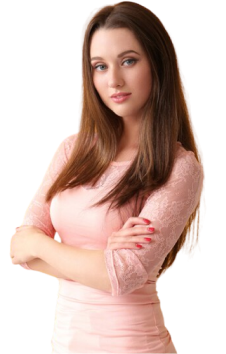
1. Breakfast:
- Greek yoghurt with topped berries and almonds.
- Oatmeal topped with sliced bananas and a drizzle of honey.
- Whole grain toast with avocado and poached eggs.
2. Lunch:
- Grilled chicken salad with mixed greens, cherry tomatoes, cucumbers, and balsamic vinaigrette.
- Quinoa salad with roasted vegetables and chickpeas.
Самые популярные процедуры в Индия
Дефект межпредсердно
Скидка до 80%
90% рейтинга
Удовлетворительно
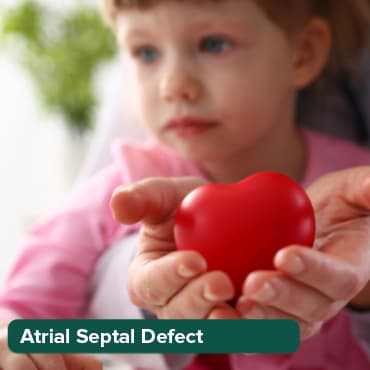
Коронарная ангиограф
Скидка до 80%
90% рейтинга
Удовлетворительно
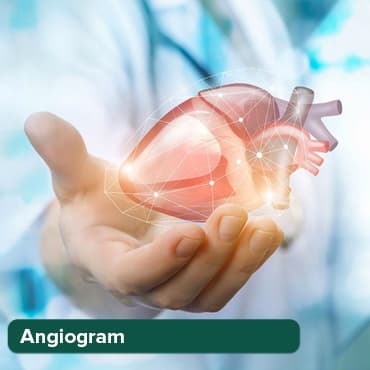
Коронарная ангиограф
Скидка до 80%
90% рейтинга
Удовлетворительно
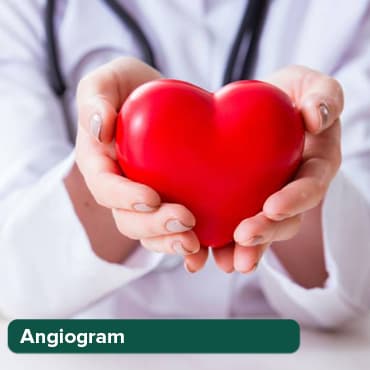
Пересадка печени
Скидка до 80%
90% рейтинга
Удовлетворительно
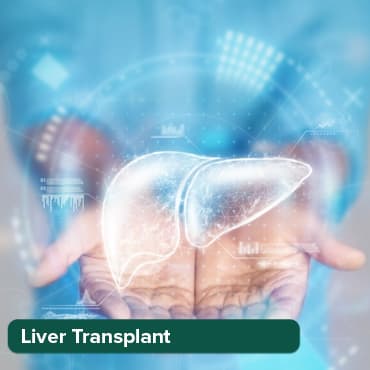
Полная замена тазобе
Скидка до 80%
90% рейтинга
Удовлетворительно
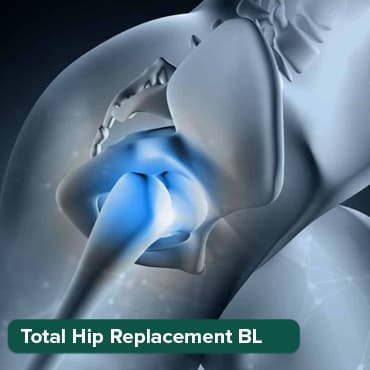
- Whole grain wrap with hummus, turkey, spinach, and shredded carrots.
3. Dinner:
- Baked salmon with quinoa and steamed broccoli.
- Stir-fried tofu with mixed vegetables and brown rice.
- Lentil soup with whole grain bread and a side salad.
4. Snacks:
- Fresh fruit with nut butter.
- Veggie sticks with hummus.
- Greek yoghurt with granola.
2. Dietary Considerations During Treatment
If you're undergoing cancer treatment, it's possible to experience side effects like nausea, vomiting, diarrhoea, or mouth sores which can hinder your ability to eat. To cope with these side effects, try out the following tips:
- Eat small, frequent meals and snacks throughout the day.
- Choose bland, easy-to-digest foods like plain rice, toast, crackers, and applesauce if you're experiencing nausea or vomiting.
- Stay hydrated by sipping on fluids regularly. Opt for clear liquids such as broth, herbal tea, or electrolyte drinks if you have trouble keeping food down.
- Avoid spicy, acidic, or overly fatty foods that may irritate your stomach or mouth sores.
3. Consulting with a Registered Dietitian
When undergoing cancer treatment, it is important to keep in mind that everyone's nutritional requirements are different. Consequently, it is recommended that you consult with a registered dietitian who specializes in oncology nutrition. They can offer customized advice based on your unique diagnosis, treatment plan, and dietary preferences. your unique diagnosis, treatment plan, and dietary preferences.
4. Managing Side Effects and Nutritional Challenges
Maintaining a balanced diet is crucial during cancer treatment. However, it's also important to address specific nutritional challenges and side effects that are commonly experienced. These include:
1. Nausea and Vomiting: These symptoms can significantly impact your ability to eat and maintain proper nutrition. If you're experiencing nausea and vomiting, try eating small, frequent meals and bland foods such as crackers, rice, or broth. You can also try ginger tea or ginger candies to alleviate nausea.
2. Mouth Sores: Mouth sores can make eating painful. To make eating more comfortable, choose soft, mild foods like yogurt, scrambled eggs, or pureed soups. Avoid acidic or spicy foods that can further irritate the sores.
3. Changes in Taste and Smell: Cancer treatments can alter your sense of taste and smell, making some foods less appealing. To help combat this, experiment with different flavors and textures to find what works for you. Adding herbs, spices, or marinades to enhance the taste of foods can also be helpful.
4. Appetite Changes: Cancer treatments may cause fluctuations in appetite, ranging from decreased to increased hunger. It's important to listen to your body's cues and eat when you're hungry, even if it means having smaller, more frequent meals throughout the day.
5. Weight Changes: Some individuals may experience weight loss or gain during cancer treatment. If you're losing weight unintentionally, focus on calorie-dense foods and beverages like smoothies, shakes, and nut butter. If you're gaining weight, prioritize portion control and mindful eating habits.
Final Thoughts
While maintaining a healthy diet after a cancer diagnosis is important, it's also crucial to prioritize self-care and listen to your body's cues. Be gentle with yourself and focus on nourishing foods that support your overall well-being. By making informed dietary choices and seeking support from healthcare professionals, you can optimize your nutrition and enhance your quality of life during and after cancer treatment.
It's important to note that this guide is not a replacement for medical advice, and you should always consult with your healthcare team for personalized nutrition recommendations that are tailored to your unique needs and circumstances.
Оздоровительные процедуры
Дайте себе время расслабиться
Гарантия самых низких цен!

Гарантия самых низких цен!




